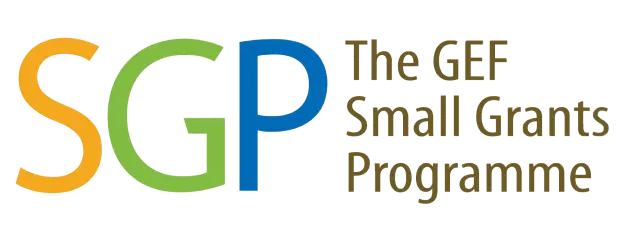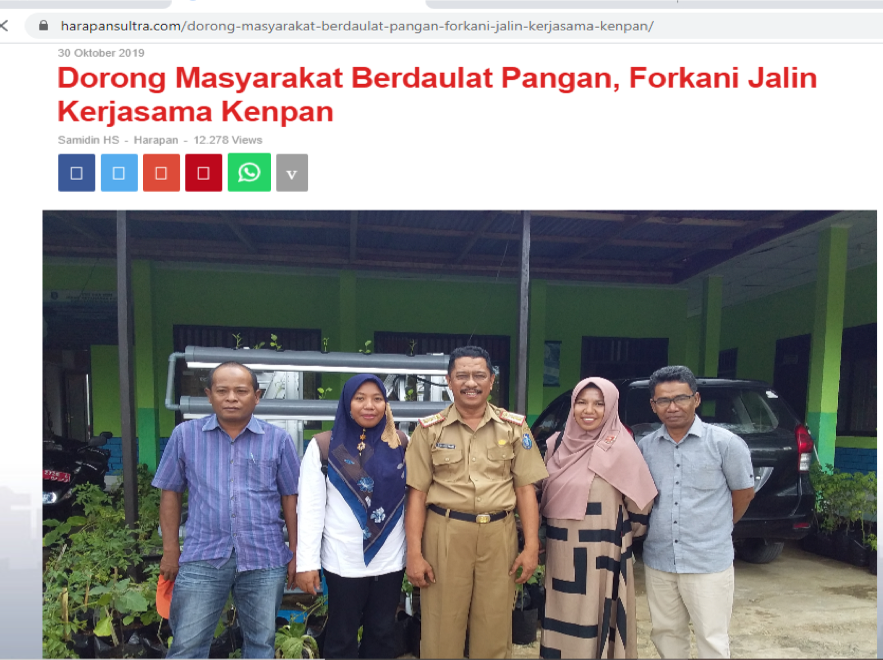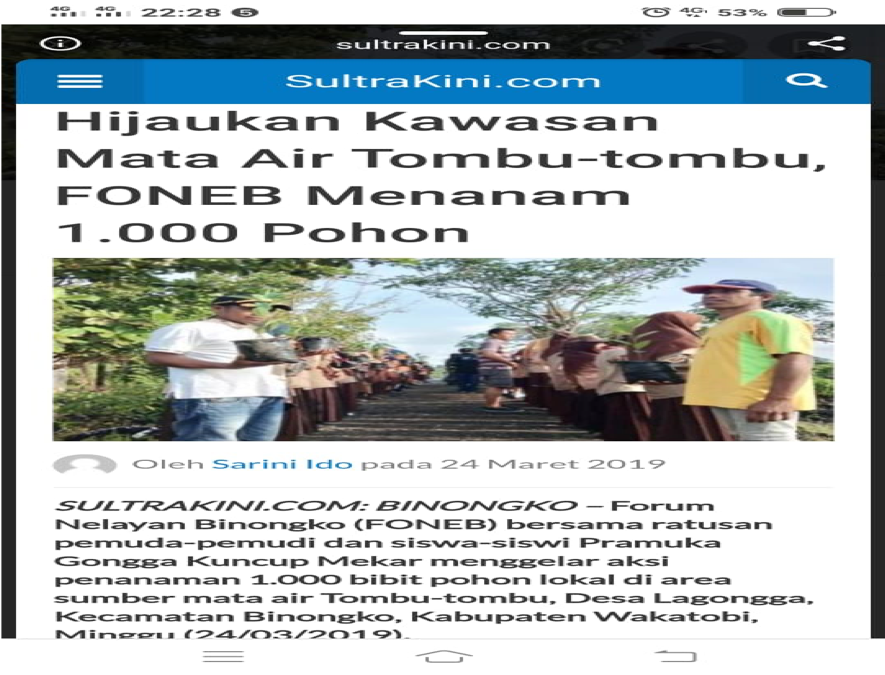KAHEDUPA TOUDANI FORUM
(FORKANI)
INS/SGP/OP6/Y2/STAR/CD/18/008
OBJECTIVE 1.
Coordinate and consult with relevant stakeholders at the district and sub-district levels regarding implementation plans for the Building Food Security of the Wakatobi Community program.
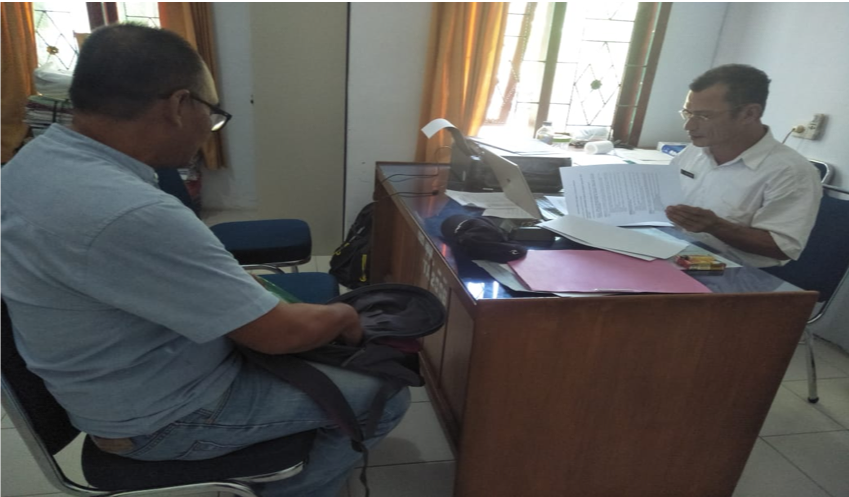
Photo 1: Program Preparation Coordination and consultation about the program to the Regional Apparatus Organization (OPD) at the Wakatobi Regency level. This activity was conducted at 8 District OPDs, 1 vertical agency and 3 International NGOs (April 2018).
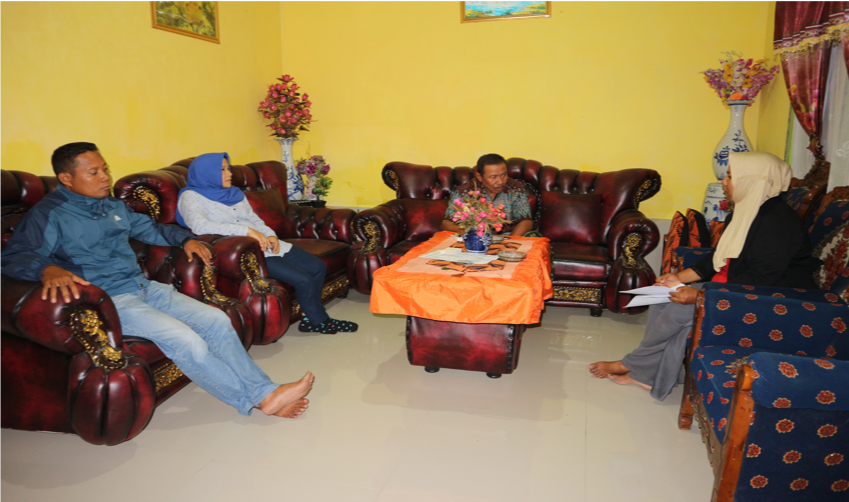
Photo 2: Program Preparation Coordination and consultation about the program to sub-districts and sections of the Wakatobi National Park on each island. This activity was conducted at 4 sub-district governments and 2 sections of the Wakatobi National Park Center as well as traditional leaders on each island (May 2018).
OBJECTIVE 2.
Identify Program Implementation Sites and Partners on the islands of Kaledupa, Tomia and Binongko.
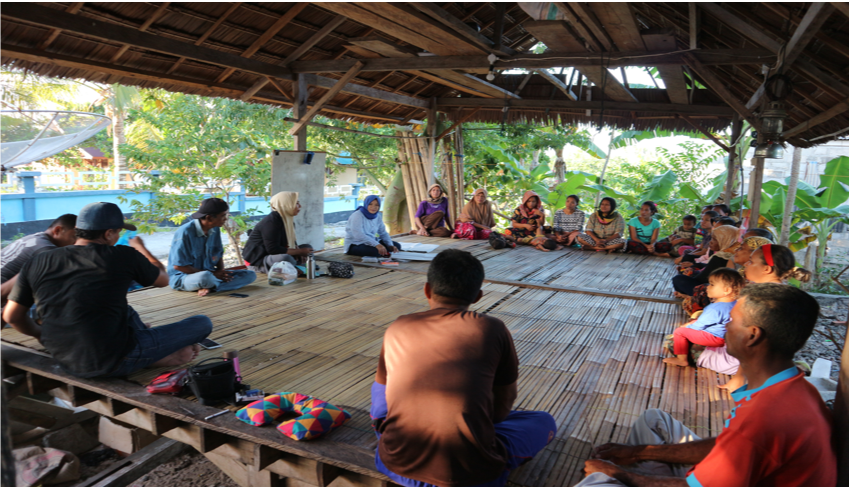
Photo 3: Program Preparation Identification of potential implementing partners. This activity was carried out on 3 islands and 6 potential implementing partners (May 2018).
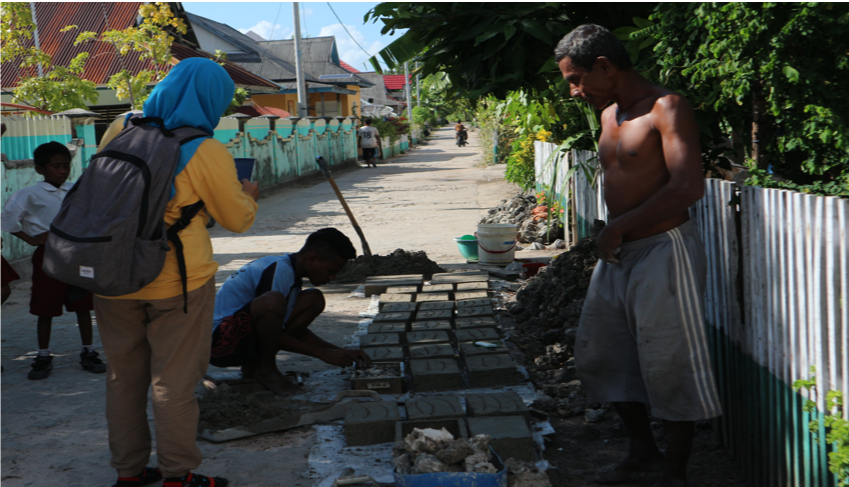
Photo 4: Program Preparation Identification of potential program implementation locations. This activity was carried out on three islands and in 4 villages and 1 sub-district (May 2018).
Objective 3.
Field Assistance for Program Implementing Partners.
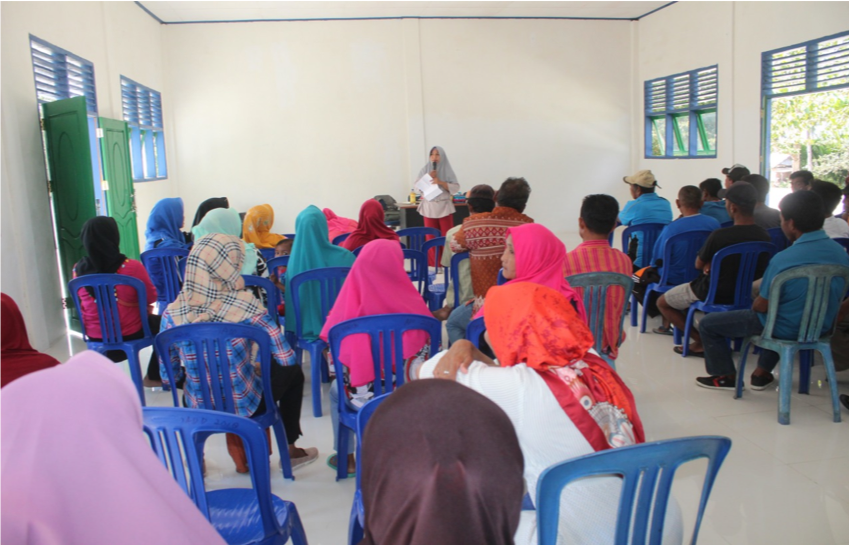
Photo 5: Workshop on program implementation. This activity was carried out in 6 selected program implementation locations (May 2018).
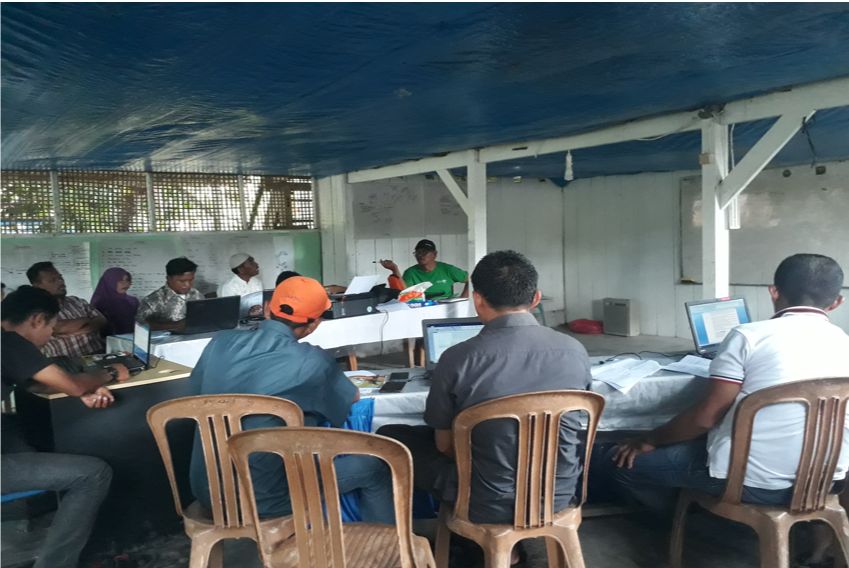
Photo 6: Proposal making training for 6 selected partners. (May 2018).
Objective 3.
Field Assistance for Program Implementing Partners.
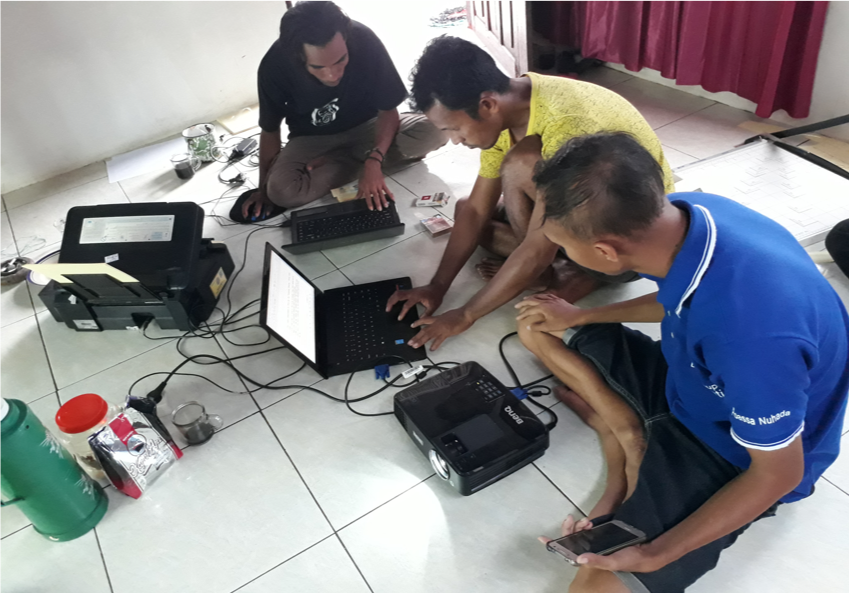
Photo 7: Assistance and sharpening of proposal making for 6 partners in 6 program locations (June-July 2018).
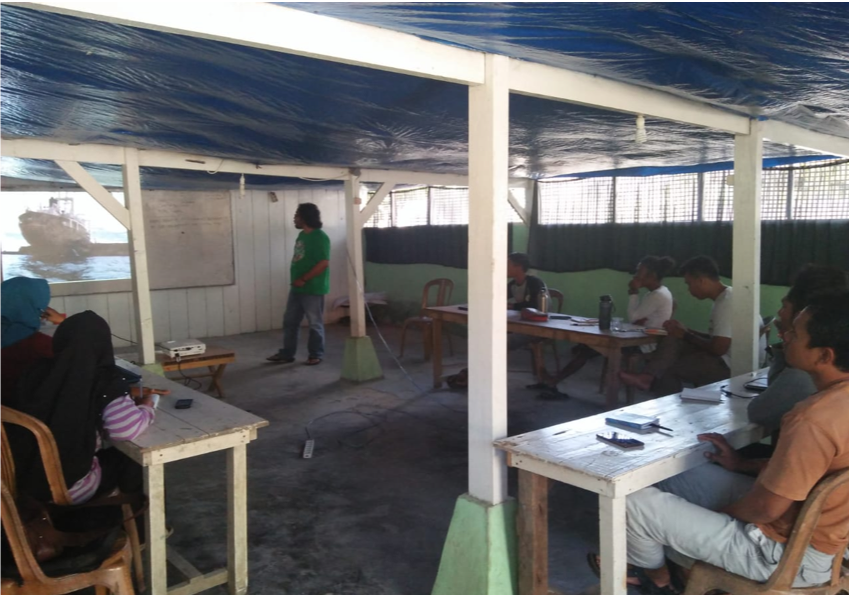
Photo 8: Documentation training for 6 program implementing partners (September 2018).
Objective 4.
Monitoring and Evaluation.
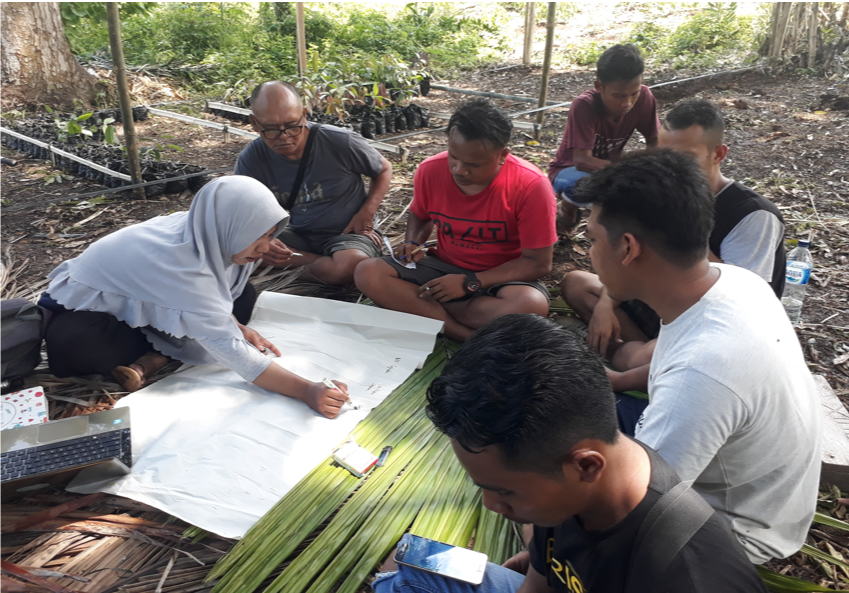
Photo 9: Assistance, monitoring and evaluation of program implementation to activity implementing partners (October 2018 – June 2020).

Photo 10: Monitoring the implementation of partner activities. One of the results of cotton and natural dye planting activities by the Panglima group (October 2018 – June 2020).
Objective 4.
Monitoring and Evaluation.
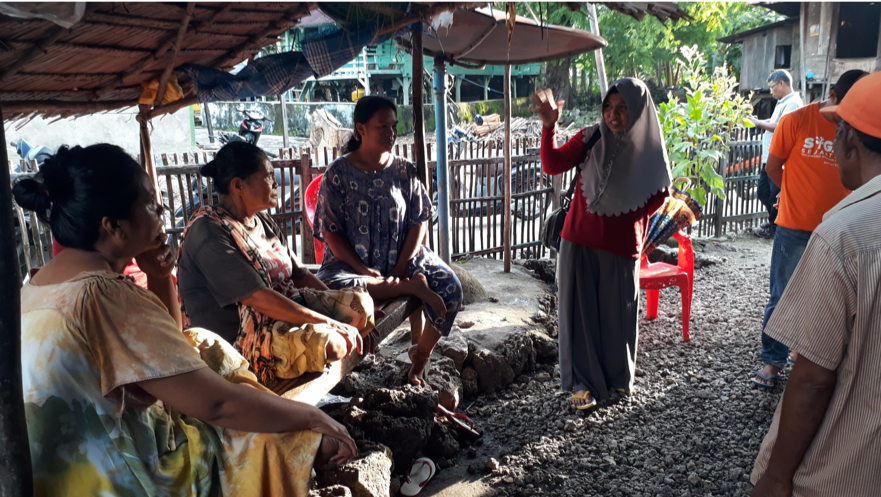
Photo 11: Monitoring the implementation of partner activities. Interviews with program recipient communities at one of the activity locations, Wali Binongko Village (October 2018 – June 2020).
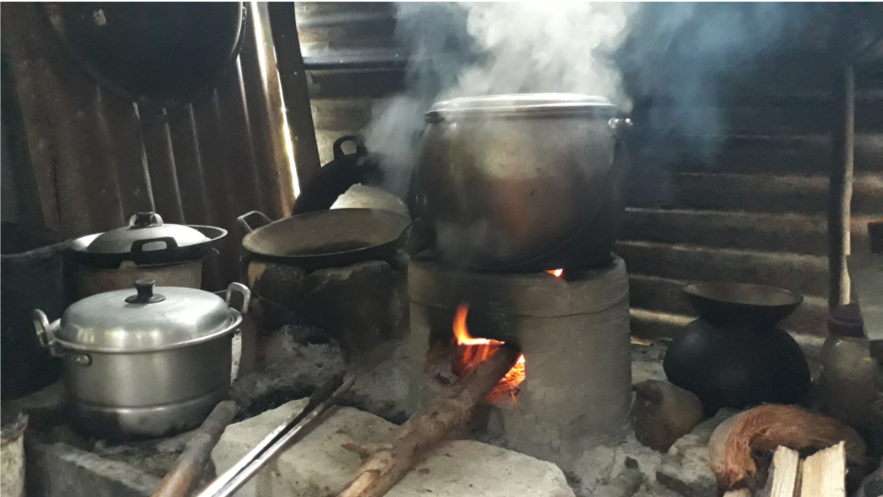
Photo 12: Monitoring the implementation of partner activities. One of the results of activities using wood-saving stoves by the Wali community, Binongko (October 2018 – June 2020).
PROJECT OUTCOMES
Implementation of all stages of preparation for program implementation.
- The program is known and there is support from 8 Regional Apparatus Organizations in Wakatobi district, the Wakatobi National Park Office, 3 international NGOs in Wakatobi.
- There is support from traditional stakeholders on each island as part of the relevant stakeholders in implementing the program.
- It is known that there is program support from 4 sub-district governments, 6 village heads and 1 sub-district head from the location where the program is implemented.
- The ability of the 6 activity implementing partners to carry out activity programs in their respective locations.
PROJECT OUTCOMES
Stages of program implementation (results of partner activities)
- There is marine area protection in three activity locations with a total area of 52,002 Ha.
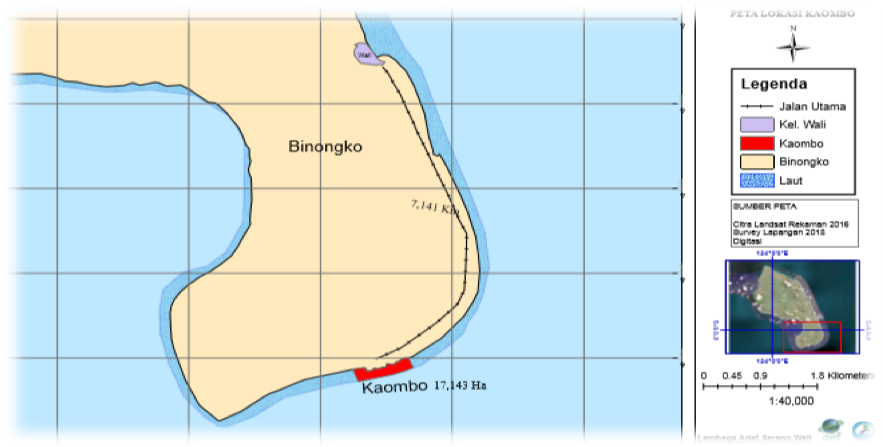
- Implementation of agro-ecological activities at 4 activity locations. An area of ± 1,586 Ha is planted with cotton plants, natural woven dyes and vegetables.
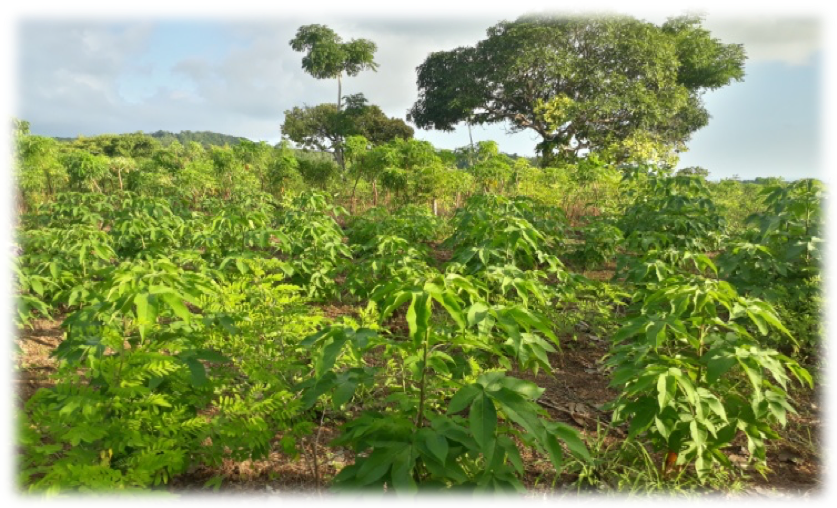
- Documented local food and environmentally friendly fishing in 6 partner locations. Each partner produces a module containing the results of documenting local food and environmentally friendly fishing.
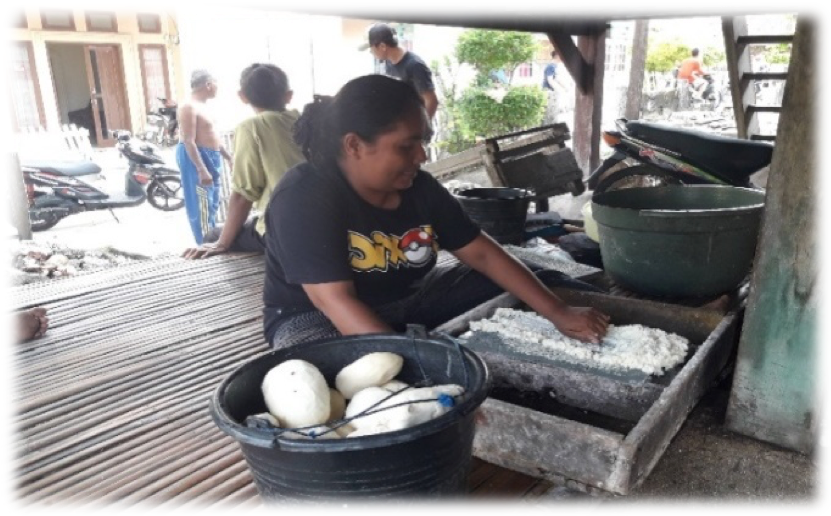
- Carrying out knowledge transfer activities to the younger generation and involving youth in implementing activities in 6 partner locations.
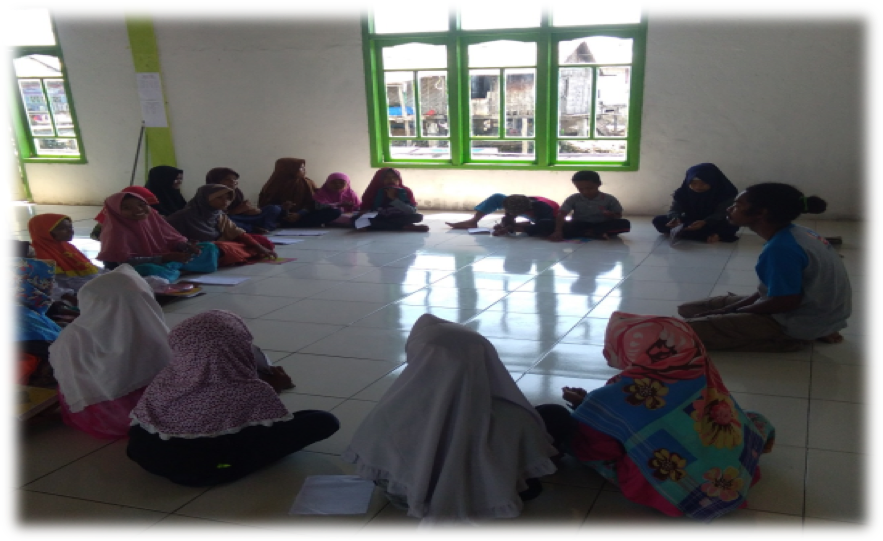
- There are forest and spring protection areas in 5 activity locations with a total area of 11.4 Ha.
- 11,900 trees were planted at the start of planting in 5 partner activity locations.
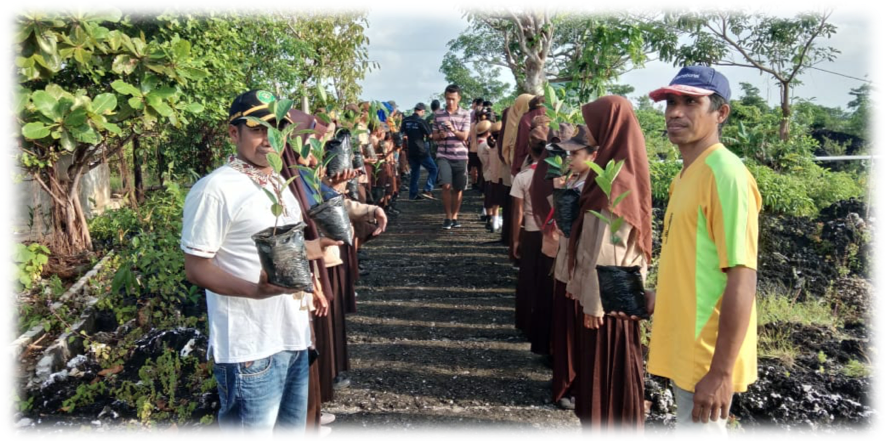
- Implementation of energy activities in the form of making wood-saving stoves at 6 partner activity locations.
- 121 people (85% are women) have been trained in making wood-saving stoves and 143 stoves were successfully made and used at the start of the training.
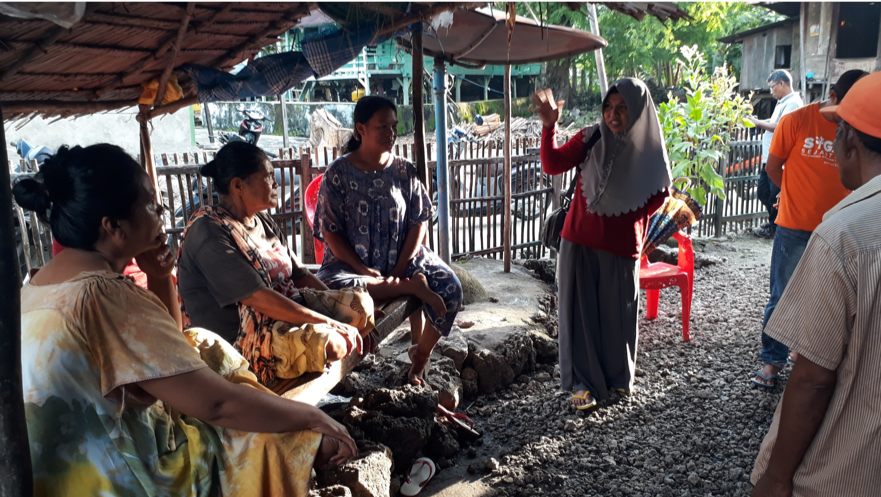
- Implementation of community capacity building activities in 6 partner locations.
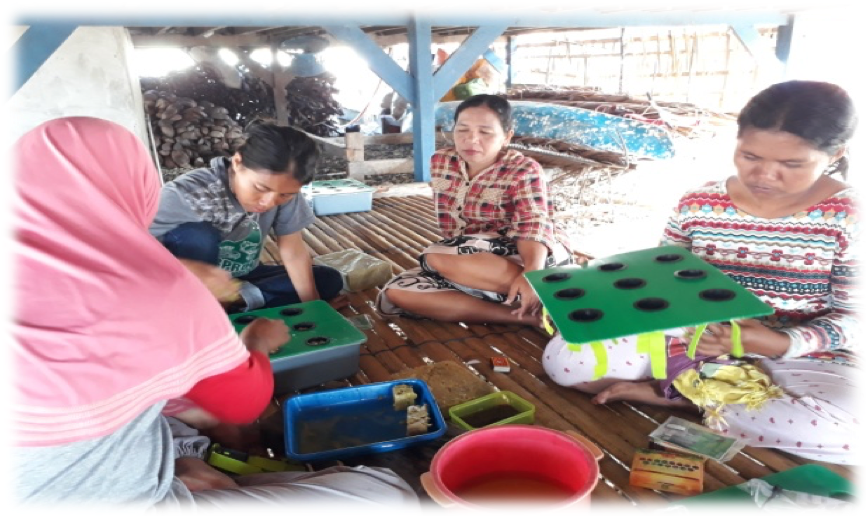
- Collaboration with all relevant stakeholders in 6 partner locations to support the implementation of activities and guarantee the sustainability of activities.
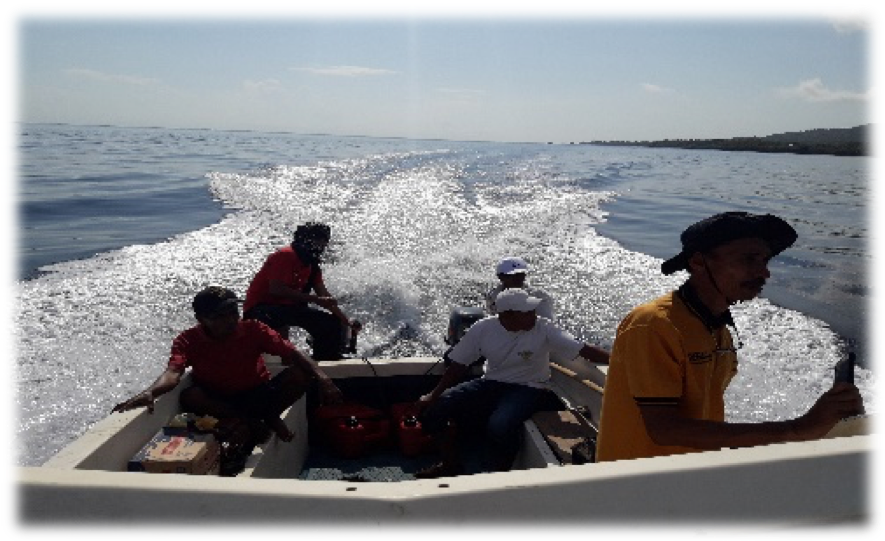
SWPS activities in Pajam village, Kaledupa island (currently ongoing).
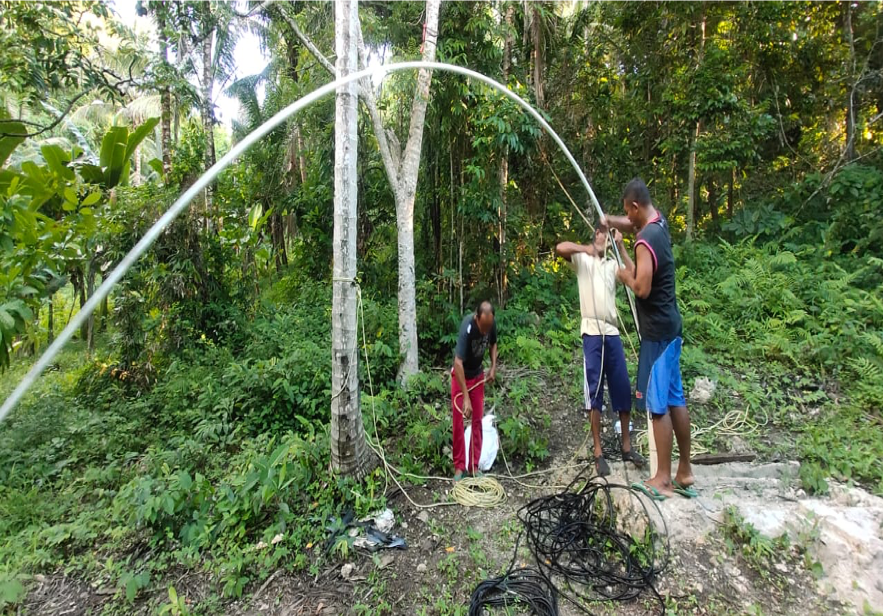
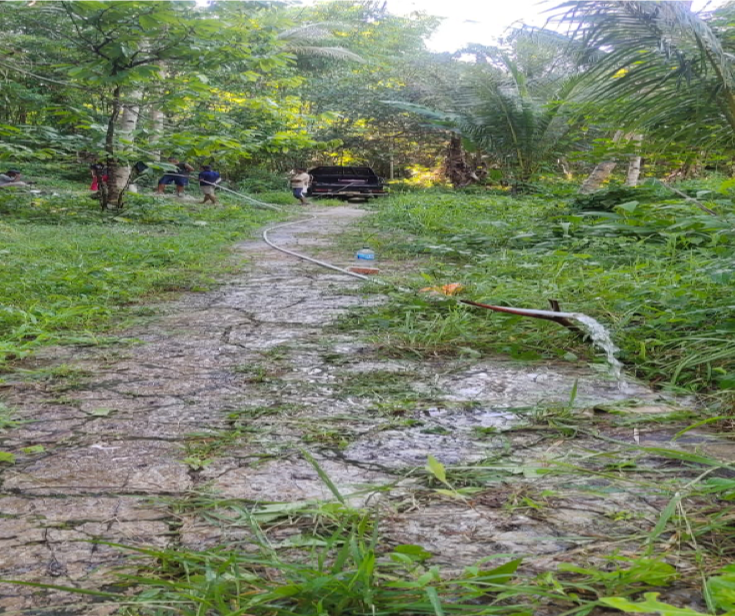
PROJECT IMPACT
- The Wakatobi Regency Food Security Service is collaborating with Forkani and GEF-SGP partners to document local food which has never existed in Wakatobi Regency.
- Wakatobi National Park Office, Wakatobi Regency DKP through UPTD on each island as well as community groups carry out joint supervision of protected marine areas.
- The Wakatobi Regency Government, through the Perindakop Service, provided facilities and infrastructure assistance to the weaving group in Pajam village, Kaledupa Island for activities to reuse cotton and natural dyes as raw materials for weaving.
- The community and stakeholders in the six program locations participate in monitoring and maintaining the results of activities, be it marine protected areas, or maintaining trees planted at each partner location (traditional stakeholders, community groups, Wakatobi National Park Office, DKP, government villages and sub-districts).
- The emergence of an industry for making and renting wood-saving stoves in the Wali sub-district, Binongko and Kulati Village, Tomia.
- Increased community income from activities that have been carried out in several partner locations. For example, in Binongko and Tomia from the stove manufacturing and rental industry as well as proceeds from the use of the Fish Bank and in Pajam village, Kaledupa from the woven fabric manufacturing industry.
- The wood-saving stove training activity in Wali Village, Binongko had quite a big impact on the Wali community and communities in neighboring villages. As many as 400 families in Wali sub-district have used wood-saving stoves, whether they made them themselves or bought stoves from outside. The skill of making firewood-saving stoves has also attracted the attention of the people of Lagongga village to make the same thing.
- The activity of replanting cotton for woven raw materials in Pajam village succeeded in rehabilitating cotton for woven raw materials, maintaining seed stocks, increasing community knowledge about how to cultivate cotton and restoring the tradition of weaving using cotton thread and natural dyes.
- Panglima partner activities (cotton planting and the process of weaving cotton into cloth) are one of the agendas for the Wakatobi Regency Annual Festival in 2019 (Barara Kahedupa Festival). The impact of this activity includes that the Wakatobi Regional Government and the wider community know about the partner's activities and the existence of the cotton itself. There is a tourism promotion for Pajam village. There is support from the Regional Government for the development of weaving craftsmen's activities. People who participate in festival activities earn income from the sale of their woven crafts.
- Several schools in each activity location collaborate with partners to use modules on local food and the use of environmentally friendly fishing gear.
- Communities in several activity locations consider marine protected areas as a limitation for them in earning a living (fishing).
One of the weaving craftsmen in Pajam village is harvesting the cotton they planted. Now they are starting to relearn how to spin thread from cotton. For the first time in the GEF-SGP program, cotton was replanted after it had been lost for decades. And this is the first time Cotton has been planted in one bed.
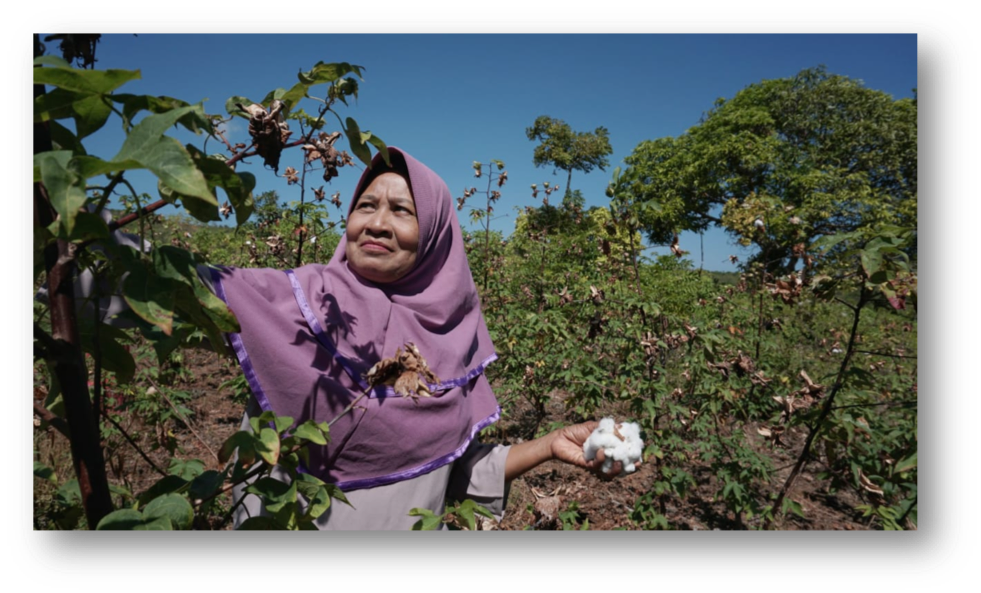
Results of diversification of firewood-saving stoves by training participants in the Wali Binongko sub-district. Home industries emerged from these activities. They produce and rent out the diversified stoves to other communities for use at celebration events.
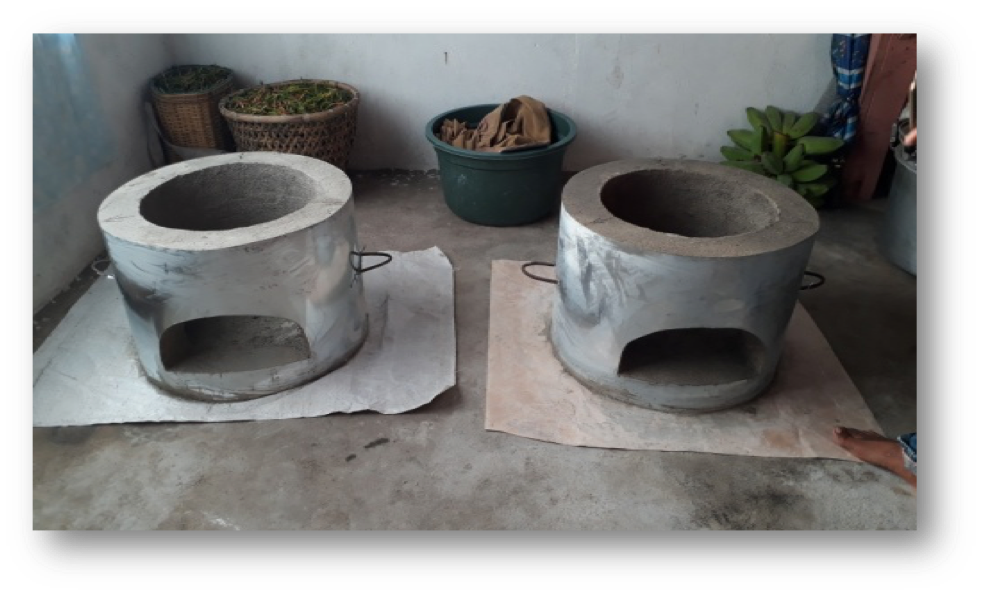
BEST EXPERIENCE
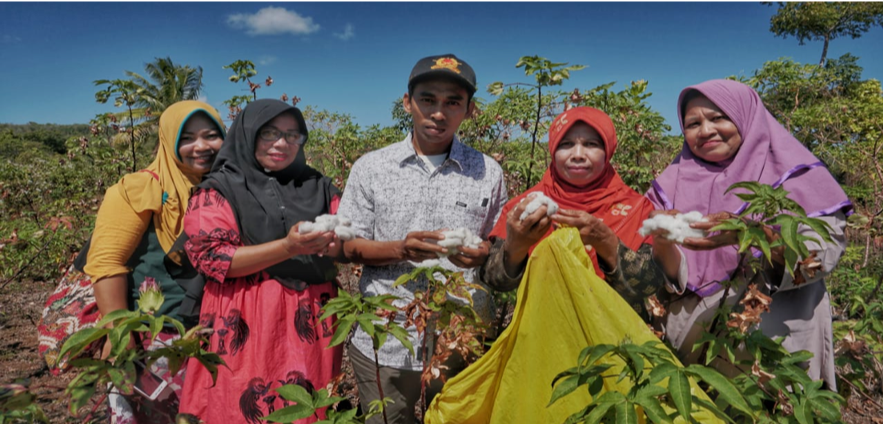
Attention from the regional government of Wakatobi district to activities to preserve cotton and natural dyes as raw materials for weaving. From the weaving festival organized by the Panglima group, the district government provided assistance in the form of weaving equipment and plans to build a learning center in Pajam village. Apart from that, the festival activities initiated by Forkani and the Commander in Chief will be used as an annual district agenda.
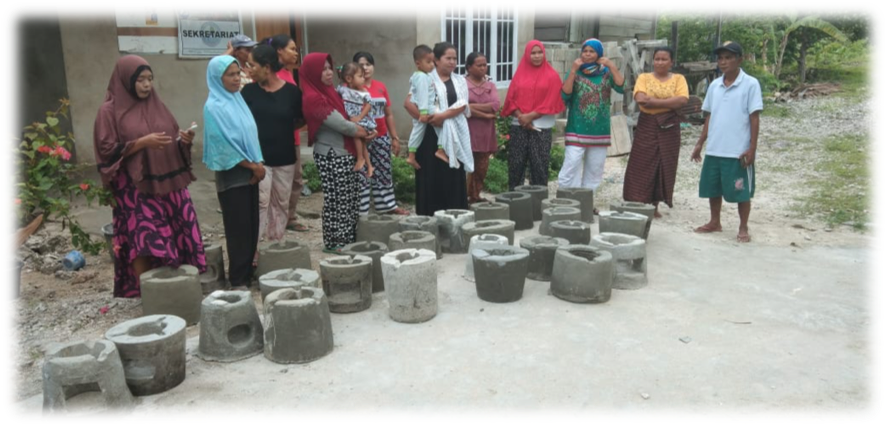
The success of the Foneb group in making wood-saving stoves to reduce the amount of wood harvested in the forest. The knowledge gained from the results of this training was used by several training participants as a business opportunity. Apart from that, the emergence of awareness among the Wali community to use wood-saving stoves has resulted in 400 families in the Wali sub-district using these stoves and has had an impact on other villages to do the same.
PROJECT SUSTAINABILITY
- Activities to preserve cotton and natural dyes which are exhibited at the weaving festival in Pajam village are an annual agenda for Wakatobi district.
- Collaboration with schools at the activity locations to use simple modules/books about local food and environmentally friendly fishing.
- Transfer knowledge about local food and environmentally friendly fishing to the younger generation.
- Marine protected areas are an activity managed by the village together with the community.
- Tree maintenance and management are carried out by the village government and the community (land owner) at each activity location.
- Collaboration with the Wakatobi district food security service in preserving local food.
- Several partner activities in each location are encouraged and become part of the Village Medium Term Development Plan (village RPJM).
- An agreement prepared together with the community and related stakeholders (DKP, Wakatooi National Park and traditional stakeholders) regarding the protection of marine areas.
- Multi-party collaboration in implementing activities.
Media and Publications
